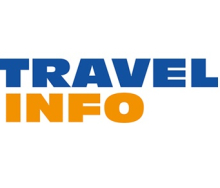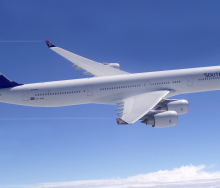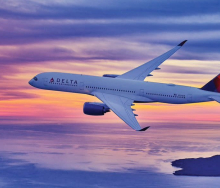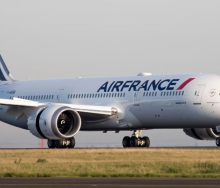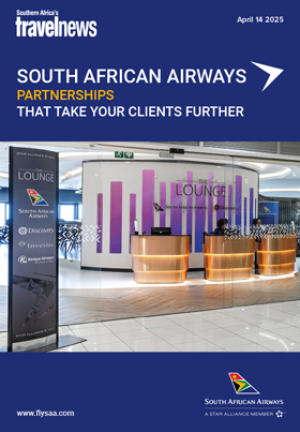This article has been updated since its original publication.
Travel agents have expressed frustration over what they perceive as preferential treatment by airlines towards passengers who contact them directly. This often puts agents in a difficult position, forced to explain inconsistencies to clients; a gripe that agents have shared on social media.
Travel News spoke to a few agents to get their insights into how they handle these situations.
Loyalty perks
Some agents have reported that airlines sometimes make exceptions for high-status loyalty members. Travel Agent A, who preferred to remain anonymous, said: “I have had instances where fare rules I shared didn’t suit a client’s needs, yet the airline waived them because of the client’s status. Similarly, I’ve seen waitlists that seemed impossible suddenly get confirmed when the client called directly – again, thanks to their loyalty status,” the agent said.
Some agents now proactively engage airlines, armed with their clients’ loyalty status details, in an effort to secure the same advantages. “For agents working with high-end travellers, staying on top of mileage programmes and understanding their benefits is essential. Most programmes clearly outline perks by status level and allow third-party agents to liaise with the airline on behalf of the client, provided they have registered to do so on their client’s membership profile,” advised Agent A .
Broken telephone
Lack of parity between the rules for online bookings and those for GDS bookings can also lead to frustration. Travel Agent B shared an example of a schedule change causing confusion: “I issued tickets for a client and there was a five-minute schedule change on one of the flights. I just left it and kept the ticket. Later, the client wanted to do a date change and thought she would try do it herself on the airline website.
“When she logged in, the airline automatically recognised that there had been a schedule change. A generic message popped up to say: ‘the flight has been changed, you are welcome to change your date free of charge’.”
However, when the client tried to change the booking, the airline recognised that the ticket was booked through an agent and instructed her to revert back to her travel agent. The agent then had to explain to the client that, despite what she had seen on the airline website, the agency could not in fact change the booking by four days free of charge due to a five-minute schedule change. The agent contacted the airline who confirmed this.
The client then went back to the airline, who continued to tell her that it is possible to change the ticket at no additional charge. In the end, the agent paid the R2 000 fee to change the ticket themselves.
Travel News reached out to airlines to find out whether this was common practice. Boris Ogursky, Lufthansa Media Spokesperson Europe, Middle East and Africa, said: “In regards to rebooking and cancellation fees, Lufthansa Group does not differentiate between customers who have purchased directly through our own booking channels, or customers who have purchased their tickets through a travel agency of their choice. Our rebooking fees are governed by the fare rules of the applicable fare family purchased by the customer on the specified ticket.”





